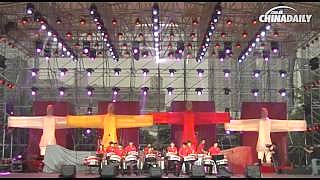Intrepid Italians live more ...
[640],shadow=true,start=,stop=Related Videos
Featured Videos

|
With Time Walker ...
Bonus films - with Rafa Goes Around! ...
With Nico ...
|

|
The US doesn't have allies - it has slaves; and all - slaves or 'others' - must be crushed for its supremacy.
Bonus film - with Danny HaiPhong, Carl Zha and Garland Nixon ...
|

|
With Jerry Goode ...
Bonus film - "I spent a day delivering packages in China, what can we learn about China's Advanced Logistics?" with Jerry Kowal 我是郭杰瑞 ...
|
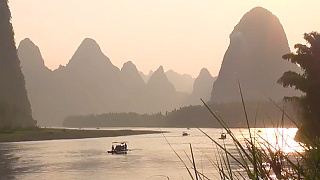
|
Between GuiLin and YangShuo ...
|

|
Savvy Sonia in SanYa ...
|
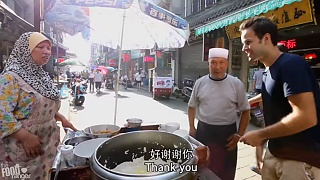
|
ShaanXi province.
With the 'Food Ranger' Trevor James ...
|

|
The insane rhetoric and absurdity - that China, under constant attack by the West, is the 'aggressor'.
|
 China travel adventure – 40 minute version
China travel adventure – 40 minute version
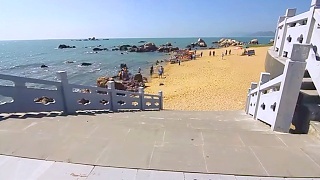











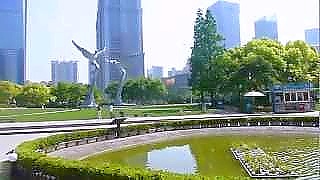
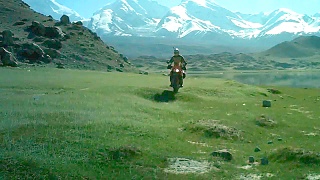

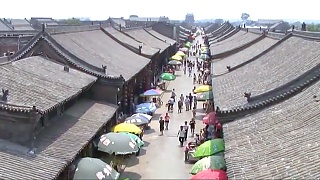

![Hong Kong, Shanghai, the Great Wall and much more. With Ryan and Emma / One Shot Adventures . . . [videogallery type=playlist id=PLIHYvA1qSN5P1hZGrHh418MUuols6OfPS c=2] China trip video series](https://img.youtube.com/vi/lk0HMs_6gA4/mqdefault.jpg)
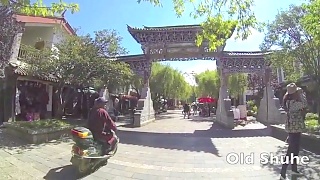
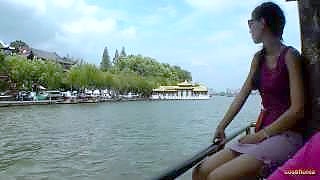
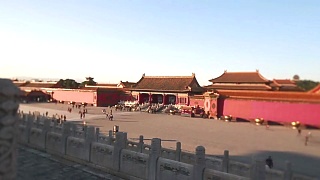
![A great film of the Great Wall north of Beijing, including `wild wall`, accompanied by great music (踏古 (Ta Gu) by Lin Hai, `Walking into Ancientry`, with Chinese lute (pipa)). We [mum, dad - videographer - and son and daughter, from Singapore] hiked 3 sections of the Great Wall in winter, without any guides after studying blogs and posts by fellow hikers. All these sections are different. From the unrestored GuBeiKou Great Wall where we were the only people around, to the wonderful JinShanLing, where the climb is steep and every direction gives you good photo opportunities, to the restored MuTianYu where we hiked in heavy snowfall. We stayed at local farmhouses on both nights, dined with the locals and hitched rides to nearby bath-houses. Temperature ranged from -5 deg C (day) to -12 deg C (night). Winter daybreak is at 7am and the sky becomes dark by 5pm so one has only 10 hours of daylight, so plan your travelling and hiking schedules carefully. This once-in-a-lifetime experience was captured on video and we would like to share it with you. The feelings just can`t be described - you need to experience it first hand. Take only memories, leave only footprints and kindness ... A wonderful animation combining traditional Chinese painting and dance - don`t miss it ! 踏古-林海 作曲:林海 视频作者:中国传媒大学动画学院 Hiking the Great Wall 长城 of China in the snow](https://www.beijingbuzzz.com/b183.jpg)
